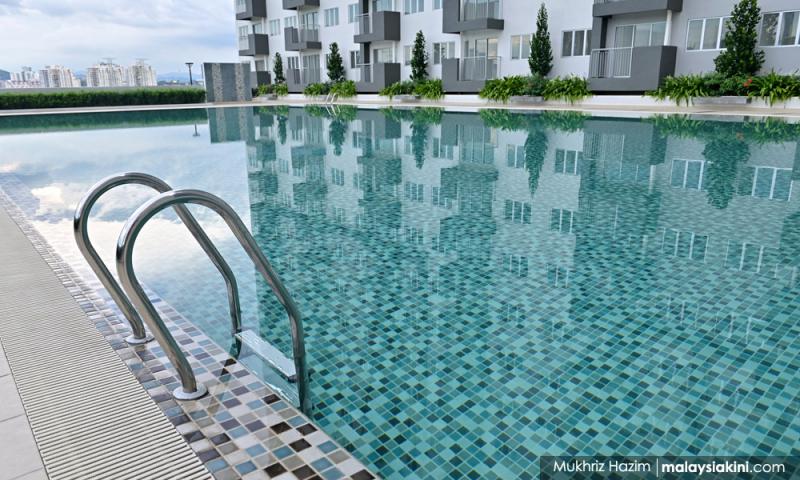LETTER | Concerns over increased child drownings at hotel, homestay pools
LETTER | I am writing to express my concern about the rising number of paediatric drownings in hotel pools nationwide. This issue is critical and requires immediate action to prevent further tragedies.
Hotel and homestay pools are popular attractions for families with children. However, the absence of lifeguards and inadequate supervision pose significant risks to young swimmers' safety. The recent increase in drowning incidents highlights the need for stricter safety measures, such as mandatory lifeguards and policies ensuring children are never left unsupervised.
Parents and guardians often assume hotel pools are safe, leading to lapses in vigilance. Accidents can happen in moments—a brief distraction or conversation can result in a child slipping underwater unnoticed. Trained lifeguards are essential; they can recognise signs of distress and respond swiftly in emergencies.
According to the Department of Statistics Malaysia (2018-2020), drowning is the second leading cause of death for boys aged up to 14, following motor vehicle accidents. Children aged five to 14 account for more than half of drowning deaths among Malaysian children. These statistics represent lives lost and families devastated, emphasising the need for hotels to adopt adequate safety measures.
Lifeguards play a crucial role in ensuring swimmer safety. Their presence deters risky behaviour and reassures parents. Trained lifeguards can perform rescues, administer first aid, and handle emergencies effectively. They remain vigilant and can identify potential hazards, taking preventive measures before accidents occur.
In addition to lifeguards, hotels and homestays must enforce a strict policy that children are never left unsupervised in pool areas. Parents and guardians should be made aware of the risks and stay within arm's reach of their children. Hotels can support this by providing clear signage, informational brochures, and safety briefings at check-in. Staff should educate guests about the importance of supervision.
Hotels should also consider implementing additional safety measures such as pool barriers, alarms, and safety covers. These measures can prevent unsupervised access and provide extra protection.
Alarms can alert staff and guests to unauthorised entry, while safety covers can prevent accidental falls into the pool. Combined with lifeguards and vigilant supervision, these measures can significantly reduce drowning risks.
Hotel owners have a responsibility to provide a safe environment for their guests. Implementing safety measures should be seen as a moral obligation to protect children's lives.
The cost of hiring lifeguards and installing safety equipment is minimal compared to the value of a child's life. Industry associations like the Malaysian Association of Hotels and government agencies should collaborate to establish and enforce hotel pool safety standards. These standards should be mandatory and regularly inspected to ensure compliance.
By working together, we can create a culture of safety that prioritises the well-being of our youngest hotel and homestay guests.
In conclusion, the rise in child drownings at pools is a wake-up call for immediate action. Hotels and homestays must prioritise guest safety by employing trained lifeguards and enforcing strict supervision policies.
Additional safety measures such as pool barriers, alarms, and safety covers can further protect young swimmers. We all share the responsibility to prevent these tragic incidents and ensure families can enjoy their vacations without fear.
The time to act is now.
The views expressed here are those of the author/contributor and do not necessarily represent the views of Malaysiakini.
RM12.50 / month
- Unlimited access to award-winning journalism
- Comment and share your opinions on all our articles
- Gift interesting stories to your friends
- Tax deductable
